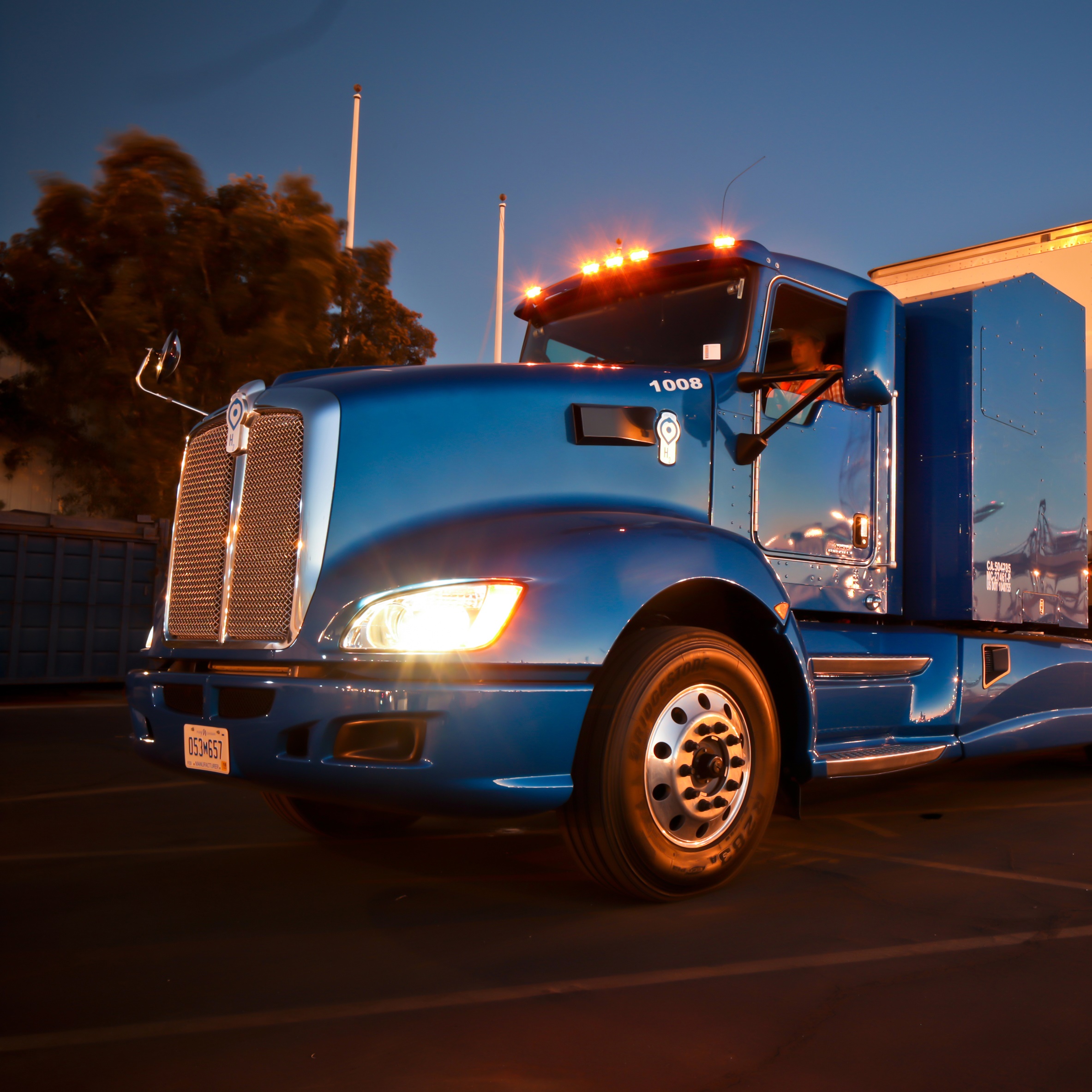Cars and Drivers
Toyota, Fuel Cell Energy Hydrogen Plant Going Up in Long Beach

Published:
Last Updated:

The North American subsidiary of Toyota Motor Corp. (NYSE: TM) is teaming up with alternative energy supplier Fuel Cell Energy Inc. (NASDAQ: FCEL) to build a fuel cell power generation unit and hydrogen fueling station at Toyota’s facilities at the Port of Long Beach, California. The new plant, which is forecast to come online in 2020, was unveiled Friday at the Los Angeles Auto Show.
According to Toyota, the fuel cell generation plant will generate about 2.35 megawatts of electricity and 1,250 tons of hydrogen a day, enough to power about 2,350 average-size homes and to fuel nearly 1,500 vehicles.
The plant, which Toyota calls Tri-Gen, was developed by Fuel Cell Energy and serves both as a proof-of-concept for 100% renewable, local hydrogen generation at scale and as a fueling station for new deliveries Toyota’s Mirai fuel-cell sedan and Class 8 (semi) fuel-cell trucks to the Port of Long Beach.
Toyota committed to hydrogen technology two decades ago, but like early versions of electric cars, there was virtually no infrastructure to support the vehicles. Other automakers building fuel cell cars include Honda Motor Co. Ltd. (NYSE: HMC), Hyundai and, as of 2019, Mercedes-Benz.
No one is selling very many. According to data through October from HybridCars.com, Toyota has sold 1,293 Mirai sedans in the United States this year, a 59% year-over-year increase. Hyundai has sold 27 Tucson crossovers and Honda has withdrawn its Clarity sedan. Toyota only sells the cars in California.
According to the U.S. Department of Energy’s Alternative Fuels Data Center, there are just 39 retail hydrogen fueling stations in the United States. Most are located in California, and the Energy Department expects more than 50 retail stations by the end of this year.
A Toyota executive said:
For more than twenty years, Toyota has been leading the development of fuel cell technology because we understand the tremendous potential to reduce emissions and improve society. Tri-Gen is a major step forward for sustainable mobility and a key accomplishment of our 2050 Environmental Challenge to achieve net zero CO2 emissions from our operations.
The Tri-Gen plant at the Port of Long Beach will use agricultural waste as fuel to generate electricity, hydrogen and water.
The average American spends $17,274 on debit cards a year, and it’s a HUGE mistake. First, debit cards don’t have the same fraud protections as credit cards. Once your money is gone, it’s gone. But more importantly you can actually get something back from this spending every time you swipe.
Issuers are handing out wild bonuses right now. With some you can earn up to 5% back on every purchase. That’s like getting a 5% discount on everything you buy!
Our top pick is kind of hard to imagine. Not only does it pay up to 5% back, it also includes a $200 cash back reward in the first six months, a 0% intro APR, and…. $0 annual fee. It’s quite literally free money for any one that uses a card regularly. Click here to learn more!
Flywheel Publishing has partnered with CardRatings to provide coverage of credit card products. Flywheel Publishing and CardRatings may receive a commission from card issuers.
Thank you for reading! Have some feedback for us?
Contact the 24/7 Wall St. editorial team.